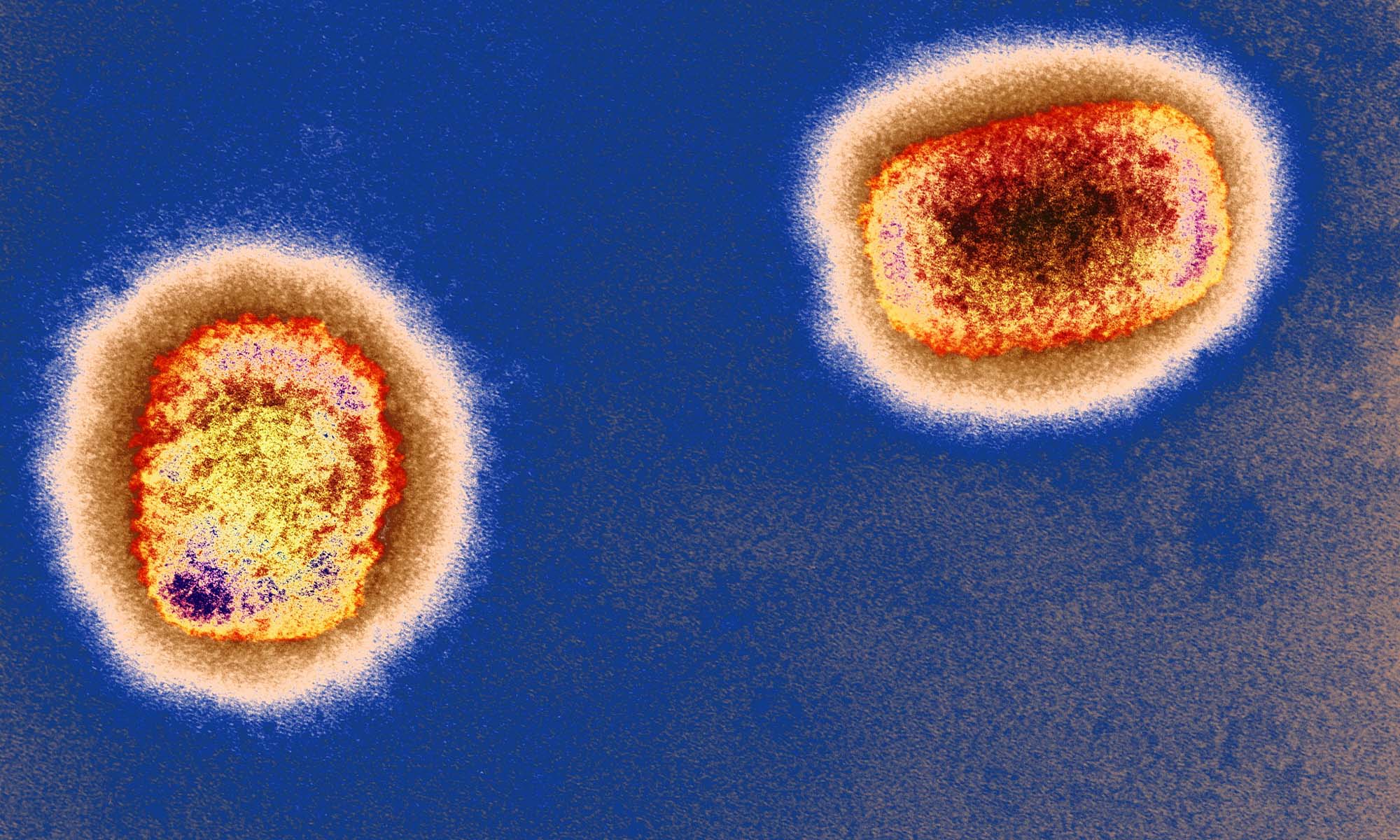
The monkeypox virus Photo:VCG
As more cases of monkeypox are reported in many Western countries, Belgium announced on Friday a compulsory 21-day quarantine for monkeypox patients. Shortly after Belgium became the first country to introduce such quarantine, the UK Health Security Agency began to recommend people who have had "unprotected direct contact or high-risk environmental contact" with the disease should isolate.Monkeypox cases have been confirmed so far in 15 countries with more than 90 laboratory confirmed cases and nearly 30 suspected cases, according to the World Health Organization and other media reports.
As the COVID pandemic continues to rage, the increasing number of monkeypox cases has concerned many Westerners. They fear there will be variants like in the case of COVID. Conspiracy theories have appeared again in Western countries' social media platforms - just as in the early period of the COVID-19 pandemic. This panic in Western societies has a lot to do with the Western countries' poor response to COVID-19 in the past two years.
The Atlantic said in a recent article that "Now, because the US catastrophically underestimated COVID, many Americans are panicking about monkeypox and reflexively distrusting any reassuring official statements."
A Chinese professor on international relations, who required anonymity, told the Global Times that in the early stage of the COVID-19 pandemic, the Western governments' inability and indifference led to the wild spread of the virus, resulting in huge losses of people's lives. As the monkeypox cases appeared in the third year of the ongoing COVID-19 pandemic, many in the West are worried whether the monkeypox will be as contagious as COVID. Because the social Darwinism exhibited by the Western elite in the pandemic is very unfair to the general public, especially to some vulnerable groups, it is not entirely unreasonable for the public to fear a "yesterday once more."
NBC News said "some of the news reports sound worryingly similar to what we heard in early 2020." However, it can be clearly seen what is different - some countries in the West have started to take immediate measures such as quarantines against monkeypox. US President Joe Biden's attitude toward monkeypox is also different from former president Donald Trump's stance on COVID. Biden said "everybody should be concerned."
The COVID pandemic that killed more than 1 million people in the US has given a tragic lesson to the US and the West, but it still remains to be seen to what extent the US and the West learned from it. The Chinese scholar noted that the reason for the isolation of monkeypox cases in the West is that the number of cases is still relatively small, and if the number of infections increases significantly, it will be difficult for Western elites who advocate individualism and liberalism to continue to support the quarantine policy.
In the very early stage of the COVID-19 pandemic, China has taken the measures of "early identification, reporting, isolation, diagnosis and treatment." Under such guidance, China has become one of the most successful countries in the COVID fight. But regrettably, China's COVID fight has been stigmatized and politicized and taken as the target of the US-led campaign to pass the buck.
Some Western media outlets said people don't need to worry about monkeypox, which until now "was pretty predictable" and the potential spread of the virus is limited. But Oyewale Tomori, a professor of virology in Nigeria, told the Global Times that this doesn't mean people should take monkeypox for granted.
According to Adesola Yinka-Ogunleye, senior epidemiologist at the Nigeria Centre for Disease Control, and colleagues noted in The Lancet Infectious Diseases, that monkeypox has emerged as the most prevalent and important orthopoxvirus in humans. A recent NPR report noted, "This new outbreak in Europe may be a sign that the virus has changed."
By learning from history, we can understand why powers rise and fall. It is hoped that Western countries hit by monkeypox can do a good job in responding to the outbreak. They should not misjudge the virus with outdated perceptions, ignore the warnings of countries experiencing the endemic.

